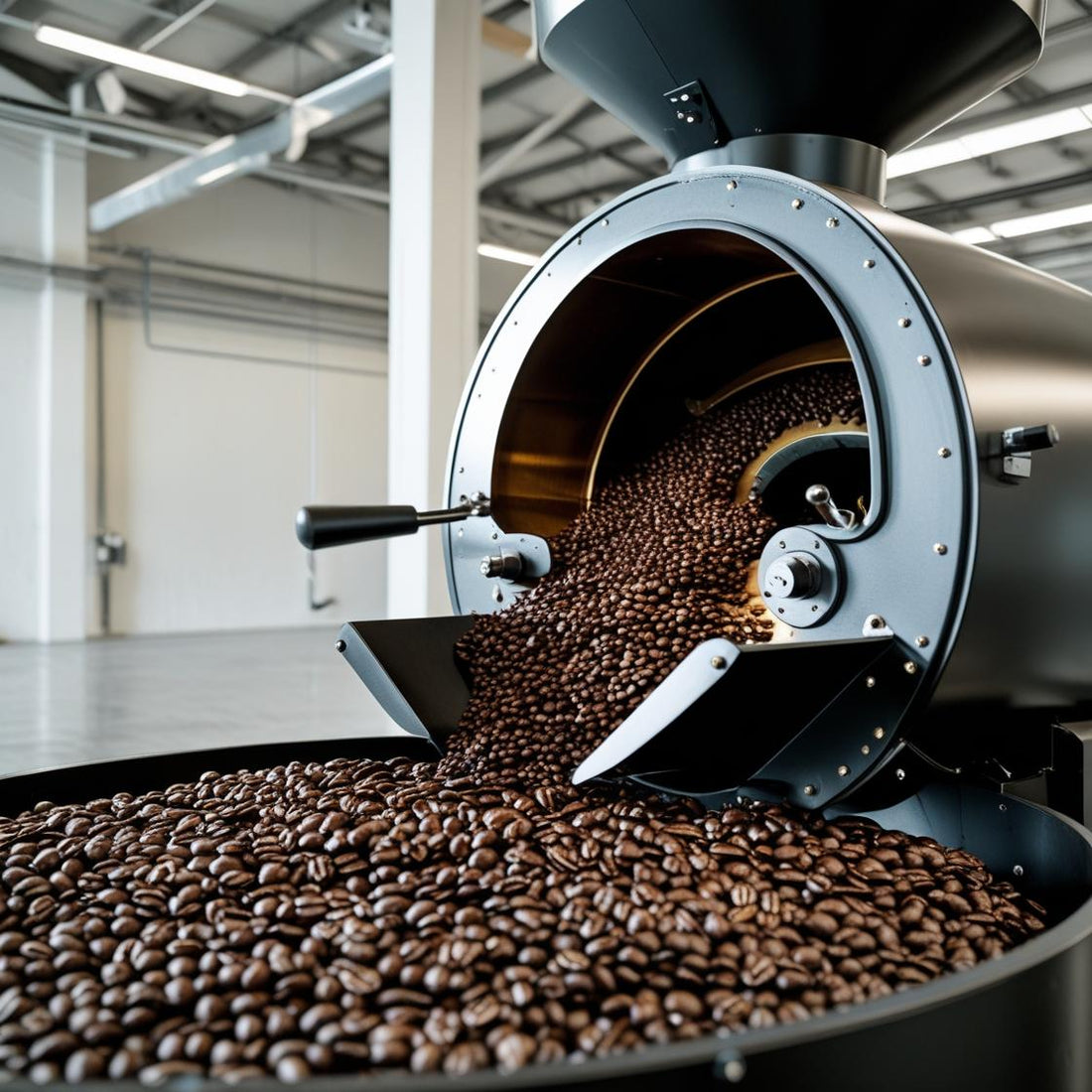The Specialty Coffee Crossroads: Balancing Artisanal Roots with Industry Pressures

Share
Realistically, I believe the "Third Wave" has already passed. From my perspective, the reality now is that big brands are taking over the concept, creating a conflicting moment. Specialty coffee was born to be artisanal, aligned with fair remuneration for producers. We are at a moment of reflection. Farmers and producers need support to survive and receive fair prices for the quality of coffee they bring to market.
A wide variety of premium products stand out in the market for their quality and unique characteristics. These products are typically associated with respect for tradition, the prominence of high-quality raw materials, and a specific terroir that imparts distinct characteristics. They are crafted through artisanal processes with meticulous attention to presentation. These products reflect the dedication of their producers, originality, limited production, and, above all, quality. Considered jewels of gastronomy, understanding these products is essential to convey their value to consumers, identifying key aspects for sensory analysis.
Throughout the process, selecting the best raw materials and employing meticulous production methods are crucial to distinguish these products from average market offerings.

Specialty coffee must meet these standards. First, it must be free of defects. The roast is critical, as it imparts "personality" to the coffee. A lighter roast promotes caramelization, yielding natural sweetness and avoiding the bitterness of darker roasts. Like any premium product, specialty coffee requires care throughout the supply chain, extending to service. Here, the barista plays a key role. A trained barista can preserve delicate fruity or floral aromas and sweetness until the coffee reaches the consumer, using suitable water for extraction and precise temperatures between 88 and 92 degrees Celsius, depending on the coffee’s origin. The best ways to enjoy these coffees are through filter or immersion extraction methods.
However, returning to the earlier point, the sector currently faces a concerning price crisis. Producers are under pressure and experiencing genuine hardship, as big brands demand high-quality coffee while minimizing returns to farmers. This is not sustainable.
Specialty coffee was created to be an artisanal product, fostering a close connection between producer, roaster, and consumer. If the industry dominates and markets specialty coffee without valuing the producer’s effort, and if consumers are unaware of the need to choose a sustainable supply chain, a crisis will emerge in the sector. Educating consumers to ensure fair and sustainable consumption is critical to supporting the prosperity of specialty coffee.

We are at a turning point where collaboration, education, and respect for responsible, sustainable consumption are paramount for specialty coffee to stay true to its roots and deliver the quality this exceptional product deserves.
Want to learn more about specialty coffee? Check out our social media, blog, or visit our shop to try one of Kaffeepflückerin’s single origin gems! and share your experience in the comments!
